|
If you’ve heard ‘The Old Rugged Cross’ played on the gumleaf, you never forget it. I first heard it standing under the ghost gums that stood stark white against the ochre walls covered in the rock art of the Ngemba people. I was leading a tour group at Mt Gundabooka, a rugged range that lies like a goanna on the horizon South of Bourke.
The musician was Bill Reid, a pastor of the United Aboriginal Mission, who winked at me from under the tilted brim of his Akubra, quietly selected a leaf, cupped it between his knotted shearer’s hands and began to play. The intrigued tour group eagerly gathered around. That moment is etched in my mind – Pastor Bill, white haired and erect, playing a song of Christian faith in a canyon that had echoed to clapsticks and corroboree of Aboriginal people for many centuries.
3 Comments
I was recently writing a piece for The Western Herald in Bourke when I stumbled onto a century-old Christmas postcard that whispered a remarkable story. Unlikely as it may seem, the card links Australia’s most famous naval engagement to its most inland port. I’ll try to piece a narrative together from the fragments that remain.
When war was declared in 1914, the 33,000 people of German origin living in Australia were forbidden to leave the country without a permit and ordered to report to police. Many of them were Lutheran Christians who had originally migrated seeking religious freedom and created hard-working farming communities in South Australia’s Barossa Valley. As the casualty lists from Gallipoli lengthened during 1915 and anti-German feelings grew more intense, the Great War came home to remote outback Bourke. German civilian prisoners of war were shipped to Australia from Singapore, Ceylon, Borneo, New Caledonia, Fiji, New Guinea and the Solomon Islands. A hundred or so were deposited in empty houses in the town. Every December, I sit down with Ebenezer Scrooge, “…a squeezing, wrenching, grasping, clutching, covetous old sinner” as Charles Dickens described him. The image of the lonely, tight-fisted miser growling “Bah, humbug!” at anyone daring to draw him into the spirit of Christmas, is etched deep into the imagination of the Western World. Along with dozens of other equally vivid characters, Scrooge made Dickens the rock-star storyteller of the 19th century.
The 100-page story A Christmas Carol has been credited with launching the modern celebration of feasting and family that dominates the year’s end all across the globe. What’s mostly forgotten is the fact Dickens designed it as a parable of redemption and I’m sure that’s the magnetism that has tugged at me every Christmas for fifty years or more. It's a ghost story with a difference. Tracking stories around town with year 9 students from Dubbo Christian School recently, one smart young girl interjected, “But, there’s no point just putting murals on walls or placing statues in the main street unless someone tells you the story!”
Exactly! More than half a century ago Richard Neihbur, a shrewd observer of culture, noted the same thing - that our key stories need to be written fresh into the heart of new generations. ‘Culture is a social tradition which must be conserved by painful struggle not so much against non-human natural forces as against revolutionary and critical powers in human life and reason.’ When travelling, I’ve developed an eagerness to unearth buried faith stories in the towns I pass through. It can be a rough, ready and random process at times, but that’s the fun of it. Recently, taking a break in Young, the cherry capital of NSW, I was startled to read that a leader of the Australian Chinese community had declared about a chapter of local history, “This is our Schindler’s List!”
Now that’s a big call for a small-town story. A quick flash back will give this context. In 1982 Australian novelist Thomas Keneally published Schindler’s Ark, a powerful piece of historical fiction about Oskar Schindler, a member of the Nazi Party who became an unlikely hero by saving the lives of 1200 Jews during the Holocaust. 1n 1993, Stephen Spielberg turned it into the highly successful movie Schindler’s List. So, what could that Chinese man possibly be talking about? I’m really energised by people who are stepping out to discover our Australian faith stories ‘on location’. I was intrigued when my friend Mawson Skidmore told me how he had plunged students from his English as a Second Language course into a firsthand experience of the Aboriginal’s civil rights struggle at the Cummeragunja ‘scholars hut’ that sits almost forgotten on the Murray River near Echuca. Listen to his reaction.
“My impression after getting to know a few of these stories was – ‘Why didn't I know anything about this?' - they are pretty amazing and are not peripheral in the history of the nation (although peripheral in the told history). The teacher of the second class I took with mine up to Cummeragunja had the same response. I wrote and thanked the Land Council Head (Hadyn Love) for organising for someone to come and show us around the school house and the cemetery and let him know some of my musings…that the schoolhouse should be a National Monument - it's a story that should be told and told well. We watched your clip on Daniel Matthews today [see other resources at the end of this blog] - and it is like what you were saying - there's a fair bit of darkness to much of that story (which shouldn't be shied away from) - but at Maloga and Cummeragunja and the people that went out from there, there are flames of light and hope.” I was on the hop between the Central West and the South Coast of NSW listening to eminent historian Tom Holland paint a graphic picture of the ancient Persian Empire and the power and glory of its kings. It was nothing short of epic!
Oddly enough, I was expectant as I wound down the Western escarpment of the magnificent Kangaroo Valley, that I’d find a story. I read that George Evans, the first European explorer looking down from the heights, had exclaimed it was ‘a view that no painter could beautify.’ Sure enough, tucked away in an unlikely corner, there it was. Housed in a bush museum, nestled beside the fine sandstone suspension bridge, I found a tiny essay on the major shift in Australia’s colonial history, when ‘settlerism’ replaced the era of convict reform. A little while ago I sat and listened to my mate grieve over the treatment of Australian boys returning from service in Vietnam in the early Seventies. In the late Sixties, his marble had dropped and he was drafted. Mine hadn’t. He trained for war at Kapooka to the raucous shouts of veteran sergeants. I went to university at Kensington, and heard the raucous shouts of student protestors on campus.
My friend was on the verge of transferring to Vietnam when Australia withdrew its troops. But as we talked fifty years later, he expressed deep offence on behalf of the vets who had animal blood thrown over them and were taunted as ‘baby killers’ as they marched home. The activists could well have been students from my uni. The cancel culture was in full voice even then. What would they say now if they were confronted with the subsequent human cost in terms of PTSD and suicide among those vets? If you’re like me, you’ve probably driven past dozens of solid-looking buildings in the suburbs or in remote country towns, proudly declaring themselves ‘Mechanics Institutes’, without having a clue what they were about. I was intrigued to discover they were an innovation that exploded out of Scotland in the early 19th century and spread like wildfire across the English-speaking world. When John Birkbeck advertised a free lecture on technical subjects in Edinburgh on October 16th 1821, an astonishing crowd of 450 men turned up. It’s certain he had no idea what he’d launched and that by the end of the century, all across the globe, eager workmen would flock to one of 9000 Mechanics Institutes to improve their skills as artisans. The roots for the phenomenon lay in a quiet Christian group known as the Quakers. They were driven by the idea that it was important to nurture God’s gifts in everyone and that learning should be available to all – rich and poor, girls as well as boys. When you drive streets in Maclean lined with tartan telegraph poles and hear the skirl of the bagpipes echoing in the main street, you know the town is definitely a stronghold of Australia’s Scots history. And mine for that matter. Over two million of us claim Scots ancestry – my grandchildren have the blood of the Baird, Carey, Murray and McDonald clans in their veins.
So, I spent a day or two there recently, looking under the ancestral kilt to see why big numbers of Scots moved here in the mid-1800’s. I was heartened to discover that the claim we Australians make for having one of the best lifestyles in the world, could well have been built on a bedrock of purposeful duty to God mined out of bare hills and heather half a world away in Scotland. |
AuthorJoin The Outback Historian, Paul Roe, on an unforgettable journey into Australia's Past as he follows the footprints of the Master Storyteller and uncovers unknown treasures of the nation. Archives
October 2023
Categories
All
|
|
Sponsored by
|
Privacy Policy
|
|
Copyright 2020 by The Outback Historian
|
Site powered by ABRACADABRA Learning
|

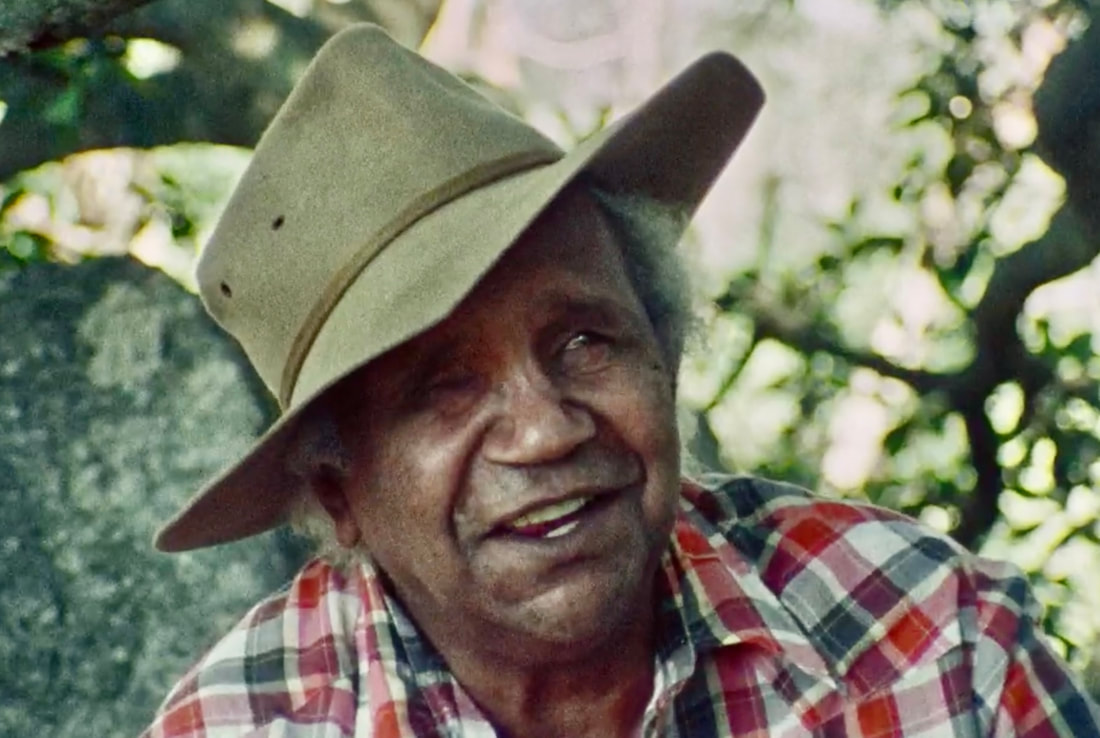
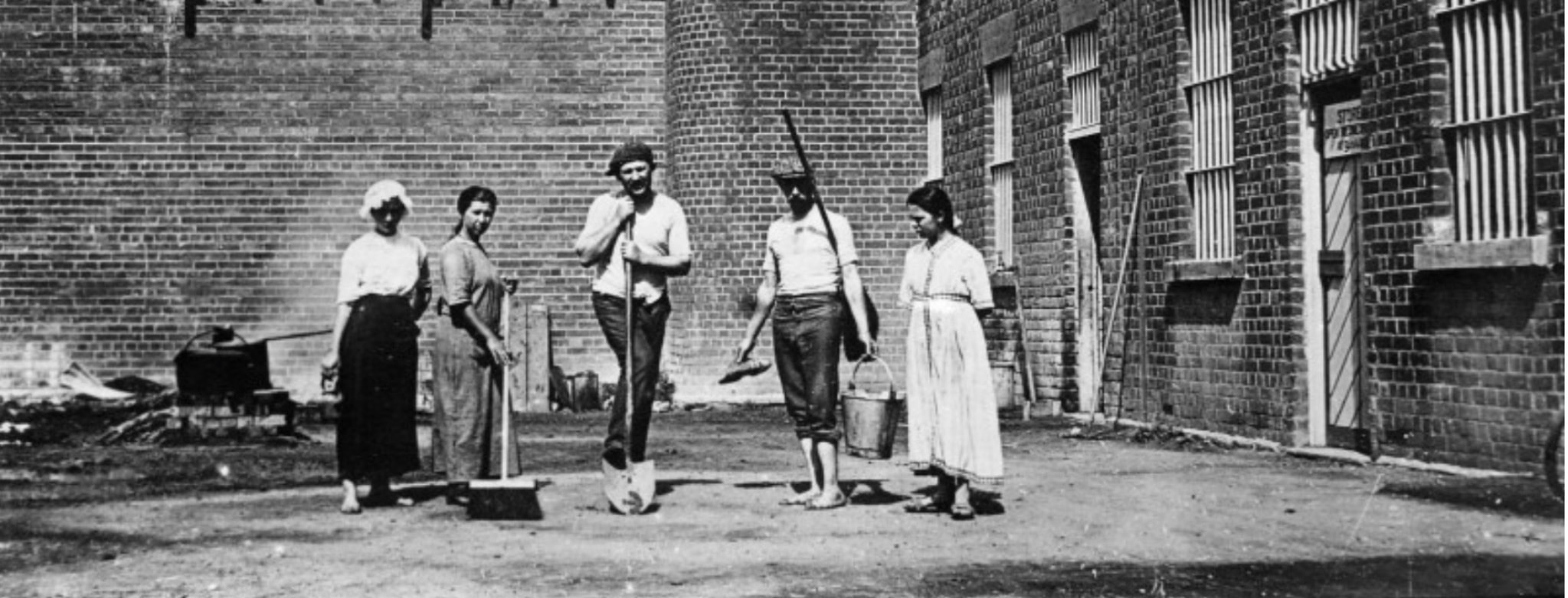
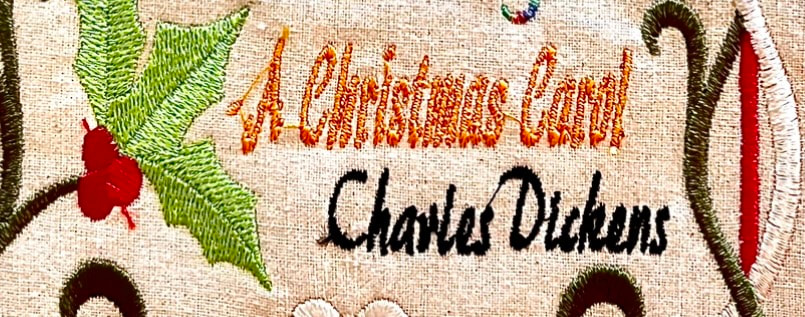
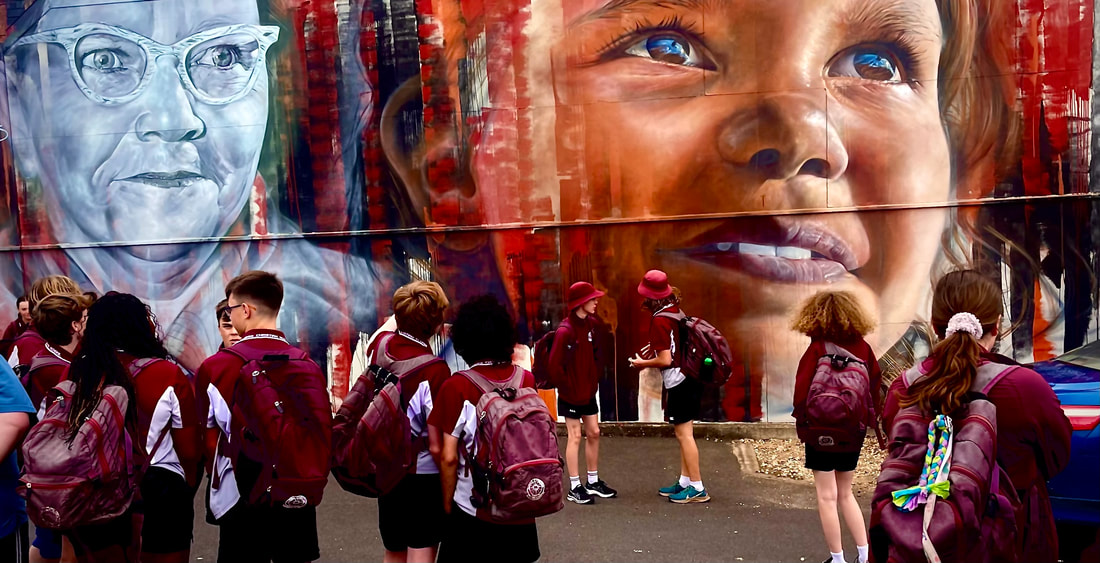
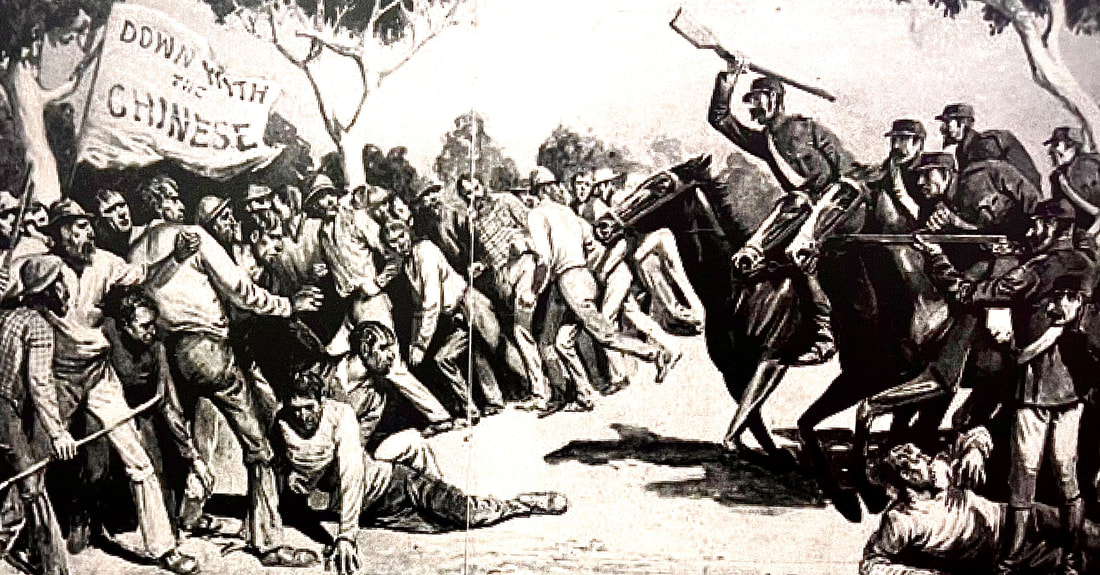
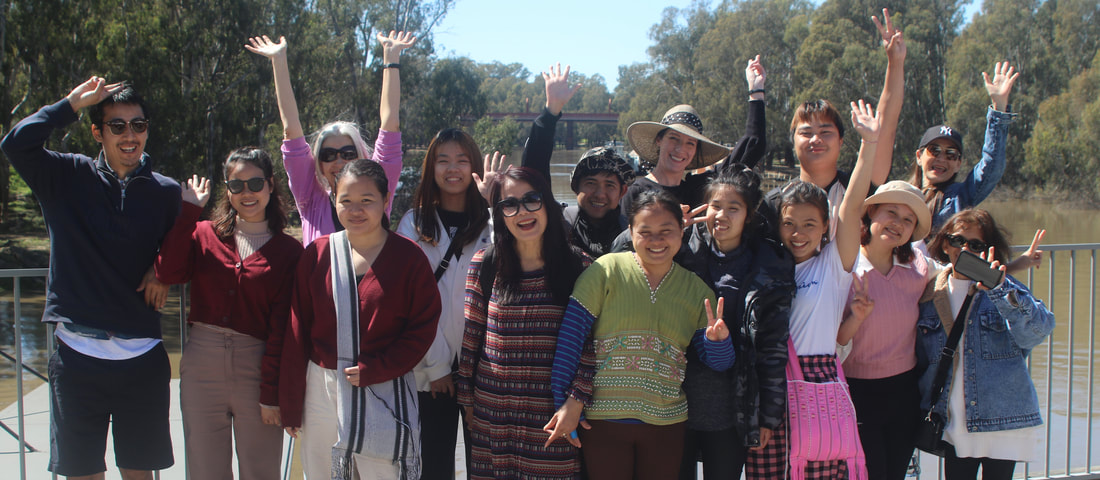

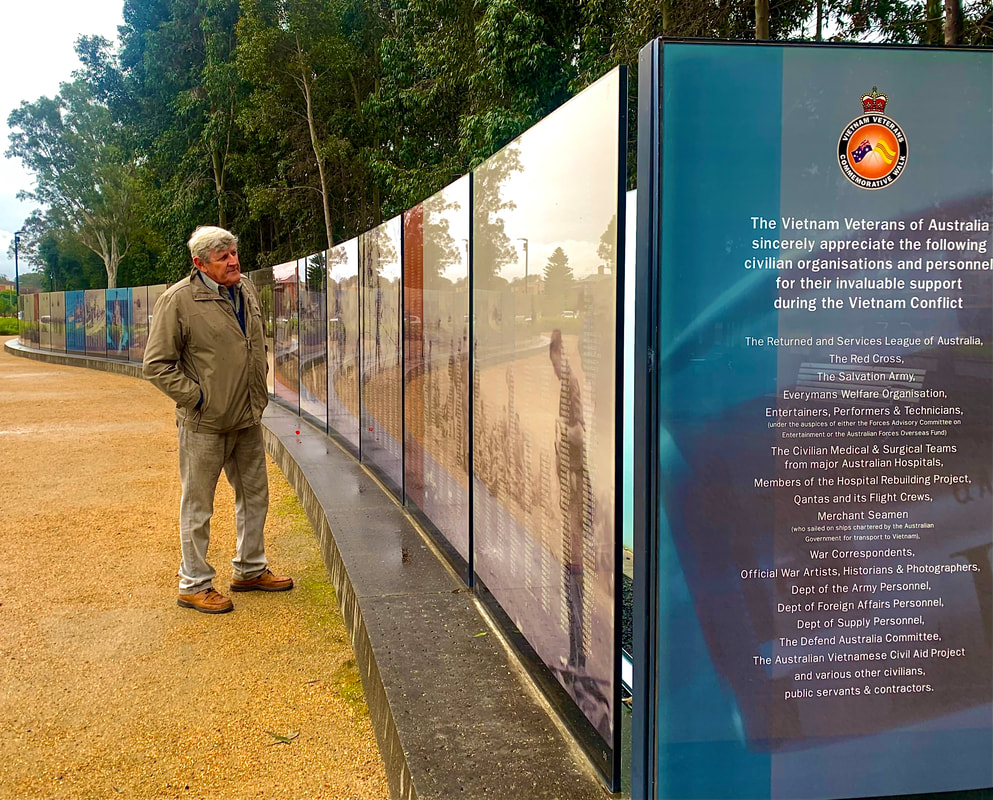
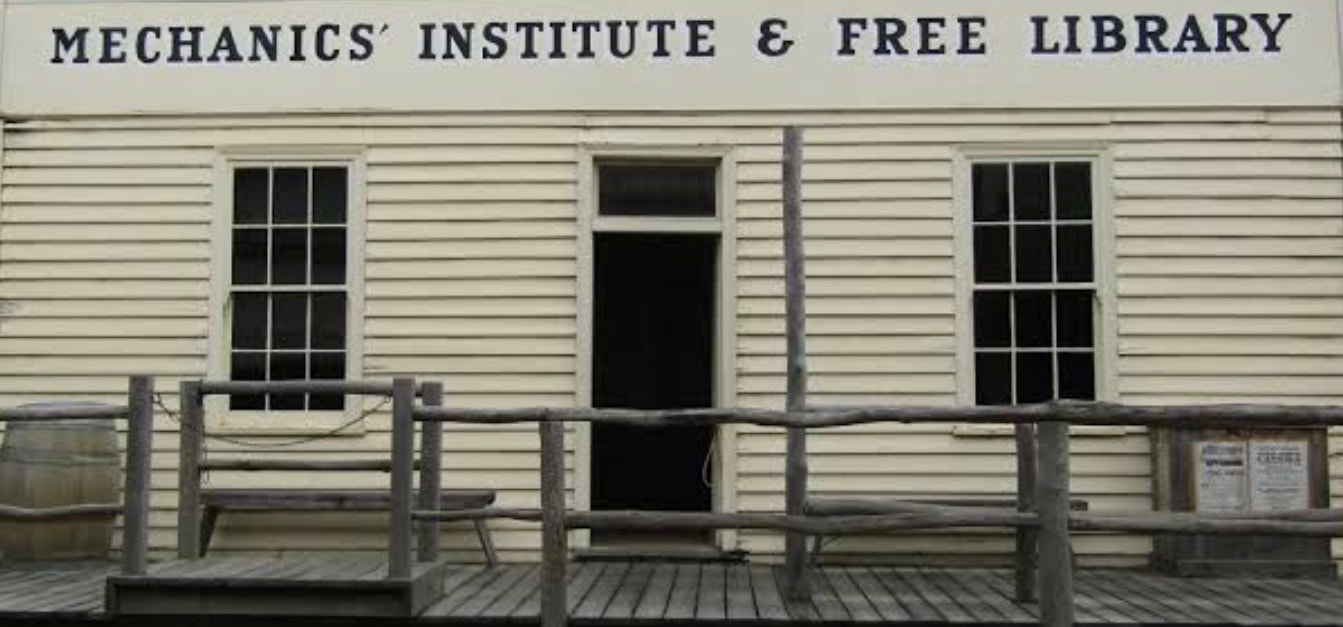
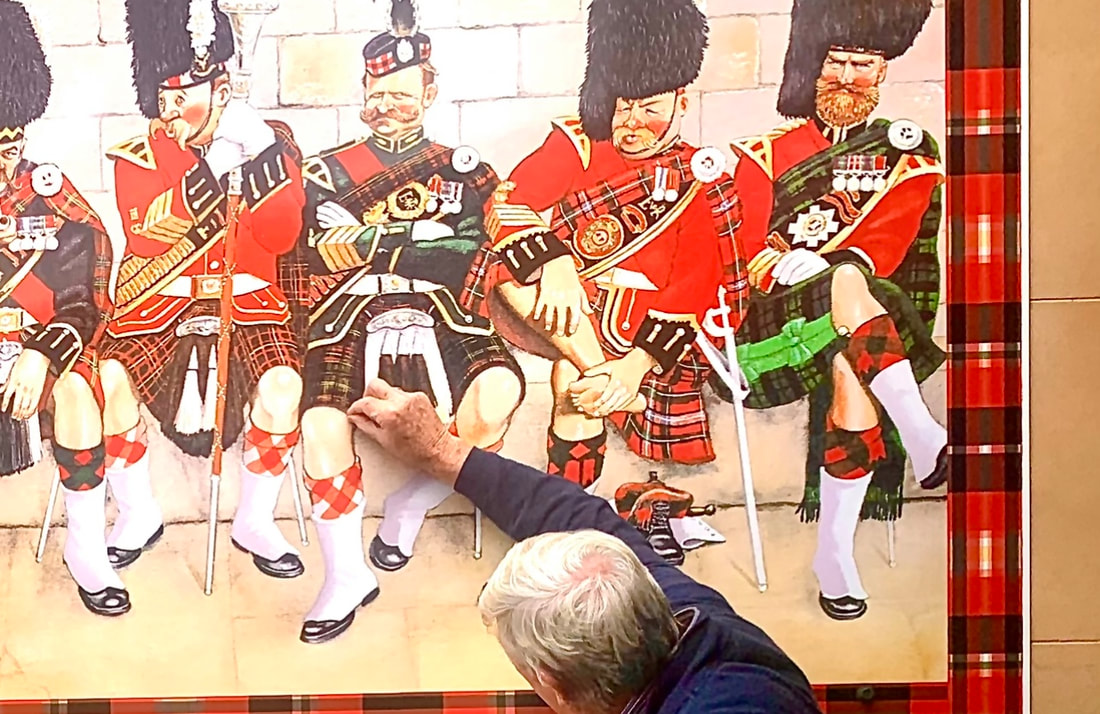
 RSS Feed
RSS Feed

